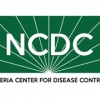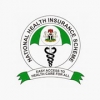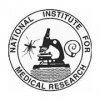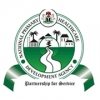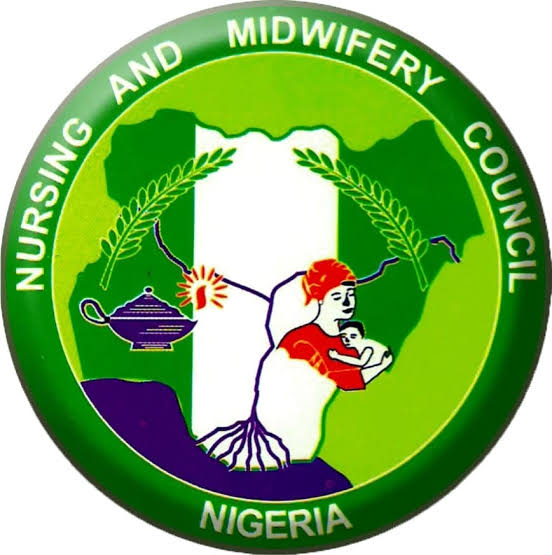AN ADDRESS OF THE HONOURABLE MINISTER OF HEALTH DR. OSAGIE EHANIRE AT HANDING OVER CEREMONY OF INFECTIOUS DISEASE TREATMENT CENTRE AT FEDERAL MEDICAL CENTRE KEFFI ON FRIDAY 4TH DECEMBER, 2020.
PROTOCOLS
I am honoured to be here on this day to commission the Infectious Disease Treatment Centre of the Federal Medical Centre, Keffi, Nasarawa State. Despite the difficulties currently being experienced globally, this Administration is committed to working with all stakeholders, State Governments inclusive, to prioritise the health of the citizens.
2. The COVID-19 pandemic has shaken the foundations of our health, economic and social stability. It has brought our normal way of living and even countries to a standstill. However, it has also led to mammoth efforts such as the establishment of this treatment centre. Earlier this week, the Vice President of the Federal Republic of Nigeria commissioned the Nasarawa State Infectious Disease and Research Centre. Across the country, the Nigeria Centre for Disease Control (NCDC) has worked with all states to ensure that every state has at least one molecular laboratory. The pandemic has indeed increased investment and focus on health security.
3. Today, I would like to focus on three key areas which FMC Keffi and indeed all teaching hospitals in Nigeria have a vital role to play, both in controlling the acute phase of this pandemic and building back better.
4. First, prioritising infectious disease control.In the last 11 months, NCDC has been working with teaching hospitals including FMC Keffi, in placing infectious disease control at the top of the agenda. This is despite several competing priorities for government investment. However, we must think about building back better from this pandemic and prioritising infectious disease control is critical.
5. COVID-19 is one of several diseases that continues to affect us. There is a high burden of Lassa fever, cholera, meningitis and other infectious diseases in Nigeria. We must therefore continue to bridge the gap between preparedness and response. In addition to maintaining this standard treatment centre, the hospital has a huge responsibility to ensure that we have well trained health workers that will provide care to the public, functional components to contribute to the national surveillance system among others.
Therefore, we must continue to prioritise infectious disease control to reduce the burden of cases and preventable deaths that our country records.
6. Second, strengthening the role of teaching hospitals for health security. We often hear of global and national health security. But this really starts with the community, including hospitals which interface with individuals. By building a standard centre where infectious disease treatment can be provided, we are bringing care closer to the people. This is a critical strategy for the Federal Ministry of Health, and NCDC has been leading on its implementation. In the last three months, we have commissioned similar treatment centres at the University of Abuja Teaching Hospital, Jos University Teaching Hospital and now in Keffi. There are other locations still in progress.
7. This reinforces the critical role that teaching hospitals play, in contributing to health security. NCDC has rolled out an IPC training across the country to ensure our health workers are protected while providing care. We charge teaching hospitals to provide the governance structure, resources and enabling environment that ensures this treatment centre provides the much-needed care to people and health workers remain safe.
8. Third, learning from COVID-19 for future outbreaks and pandemics. The world has learned and is learning a lot from the COVID-19 pandemic at rapid speed. In eleven months, we have gone from identifying a virus that has killed over 1 million people globally, to reaching late-stage clinical trials for a vaccine. The speed at which research and innovation has happened with COVID-19 has been unprecedented. It has reminded us that we have the capacity to control other infectious diseases that continue to affect us, if we work together in solidarity.
9. I encourage the Nasarawa State Government and FMC Keffi to ensure that documentation is a critical part of this response. We must take stock of where we were before the pandemic, where we are now and where we want to be.
10. At the Federal Government level, the Nigeria Centre for Disease Control has been working with several stakeholders to strengthen our health security capacity. The NCDC has been supporting states including Nasarawa State to improve various aspects of their health security.
11. Ladies and gentlemen – the COVID-19 pandemic is a powerful demonstration that health security should not be seen as a by-product of growth in a country. Health security underpins productive, resilient and stable economies. Without health security, our country remains at risk. The Federal Government of Nigeria led by His Excellency, President Muhammadu Buhari is fully committed to prioritising and investing in our national health security.
12. I would like to end by recognising the leadership of FMC Keffi, and all our health workers who have continued to work extremely hard since the beginning of this pandemic. I also thank the NCDC for their continuous efforts in ensuring every state in Nigeria has a standard infectious disease treatment centre. Finally, I thank the Nasarawa State Government for showing strong leadership in ensuring health security.
13. I thank you all for listening.

